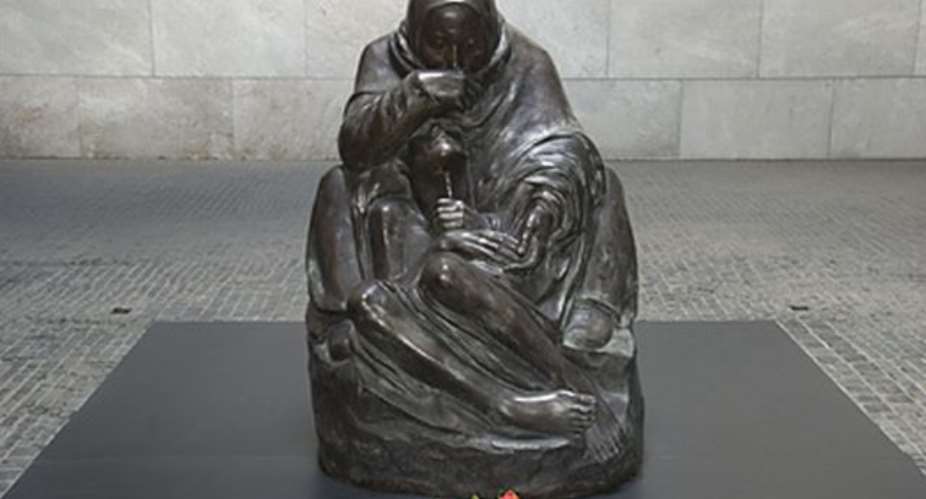Grief, an intricate and multifaceted human experience, arises in response to the loss of a loved one. As each individual processes grief uniquely, it often leads to confusion and uncertainty, with many questioning their emotional, physical, and mental health. This essay delves deeper into the complexities of grief, examining its impact on mental, emotional, and physical well-being, the various personal experiences associated with it, the timeframe and stages of grief, and effective coping mechanisms. Ultimately, this comprehensive exploration aims to empower individuals seeking support and healing by fostering understanding and empathy.
Effects of Grief on Mental, Emotional, and Physical Health

Emotional impact of grief
Grieving individuals often encounter a plethora of emotions, which differ considerably due to personality traits, cultural backgrounds, and the specific circumstances of the loss. Common emotions during grief include sadness, anger, guilt, disbelief, and even relief. Acknowledging the diverse range of emotions enables individuals to approach their feelings with self-compassion, acceptance, and empathy, fostering a healthy grieving process.
Physical effects of grief
Grief not only takes an emotional toll but also affects physical well-being. Individuals may experience insomnia, weight fluctuations, fatigue, headaches, and weakened immune systems. These symptoms, though distressing, are natural bodily responses to the stress and emotional upheaval associated with grief. Recognising and addressing these physical effects is crucial for individuals to take care of themselves and seek professional help when necessary.
Impact on mental health
Grief can serve as a trigger for mental health issues, such as depression, anxiety, and post-traumatic stress disorder (PTSD), or exacerbate existing conditions. The heightened emotional vulnerability experienced during grief necessitates vigilant monitoring of one’s mental health, along with seeking support from friends, family, or mental health professionals when required.
Personal Experiences of Grief
Grieving is an intensely personal and subjective experience, with no universal reaction to loss. Individuals exhibit a wide array of coping mechanisms and responses to grief, shaped by their unique personalities, backgrounds, and experiences. Embracing the understanding that there is no “right” way to grieve promotes empathy and compassion for oneself and others.
The emotions experienced during grief can be intense, fluctuating, and even overwhelming. Some may be consumed by sadness, while others experience anger, disbelief, or numbness. Recognising these emotions as natural components of the grieving process allows individuals to validate their feelings and confront their grief with resilience.
Addressing the question: “Is this normal?”
The diverse nature of grief experiences often leads to questions surrounding the normality of one’s reactions. Dispelling misconceptions about the “right” way to grieve and validating the wide range of grief responses provides solace to individuals, assuring them that their experiences are a natural part of healing.
Timeframe and Stages of Grief
The duration of grief varies significantly between individuals, influenced by factors such as personal resilience, support networks, and the nature of the loss. Accepting that there are no set timeframes for grief encourages patience and understanding during the healing process.
Elisabeth Kübler-Ross’s five stages of grief — denial, anger, bargaining, depression, and acceptance — provide a useful framework for comprehending grief. However, it is essential to acknowledge that grief does not always adhere to a linear or predictable pattern. Individuals may experience these stages in different orders, revisit stages, or even skip some stages entirely.
Growing around grief
The concept of “growing around grief” emphasises the potential for personal growth, healing, and transformation following a loss. By acknowledging and embracing this growth, individuals can integrate grief into their lives, fostering a renewed sense of purpose and meaning.
Coping with Grief and Finding Support
Adopting healthy coping strategies is crucial for managing grief effectively. Practising self-care, such as maintaining a balanced diet, engaging in regular exercise, and seeking social support, can alleviate the emotional and physical effects of grief. Additionally, activities promoting self-expression and emotional processing, such as journaling, art, or meditation, can facilitate healing.
The role of professional help
Professional assistance may be necessary for some individuals to navigate the intricacies of grief. Counselling and therapy can provide a safe, non-judgmental space to explore emotions, confront grief, and develop personalised coping strategies. Finding the right therapist or support group is essential for a positive and productive healing journey.
Encouraging open conversations about grief
Reducing stigma and promoting understanding around grief is vital for cultivating a supportive environment for those experiencing loss. Fostering open conversations about grief encourages empathy, validates diverse grief experiences, and facilitates healing for both the bereaved and their support networks.
A comprehensive exploration of the complexities of grief, encompassing its effects on mental, emotional, and physical health, diverse personal experiences, the timeframe and stages of grief, and effective coping mechanisms, underscores the importance of understanding and addressing this natural human experience. By promoting empathy, compassion, and open communication, individuals can support one another through the grieving process and facilitate healing.
Ultimately, acknowledging the diverse experiences of grief empowers individuals to confront their loss, embrace personal growth, and cultivate resilience in the face of adversity.
William Gomes is a freelance journalist and human rights activist.
Email: [email protected]
Follow @Wnicholasgomes





 Akufo-Addo appoints Joseph Kpemka as Deputy MD of BOST
Akufo-Addo appoints Joseph Kpemka as Deputy MD of BOST
 Ablakwa petitions CHRAJ to investigate sale of SSNIT's hotels to Rock City Hotel
Ablakwa petitions CHRAJ to investigate sale of SSNIT's hotels to Rock City Hotel
 Mahama pays courtesy call on Khalifa of Ahmadiyya Muslim Community in London
Mahama pays courtesy call on Khalifa of Ahmadiyya Muslim Community in London
 MoF to provide new bailout for defunct Gold Coast Fund investors – Bawumia revea...
MoF to provide new bailout for defunct Gold Coast Fund investors – Bawumia revea...
 OMCs implement price adjustments despite International petroleum price declines
OMCs implement price adjustments despite International petroleum price declines
 Limited Voter Registration: NPP, NDC supporters clash over registration of minor...
Limited Voter Registration: NPP, NDC supporters clash over registration of minor...
 Petition to remove Kissi Agyebeng will disrupt operations of OSP – Martin Kpebu
Petition to remove Kissi Agyebeng will disrupt operations of OSP – Martin Kpebu
 BoG dismiss claims of profiteering from high interest rates
BoG dismiss claims of profiteering from high interest rates
 Fixing falling cedi must be urgent to you than securing new loans – Dr. Ato Fors...
Fixing falling cedi must be urgent to you than securing new loans – Dr. Ato Fors...
 Ghanaians can’t continue biting the bullets for your recklessness, irresponsible...
Ghanaians can’t continue biting the bullets for your recklessness, irresponsible...
